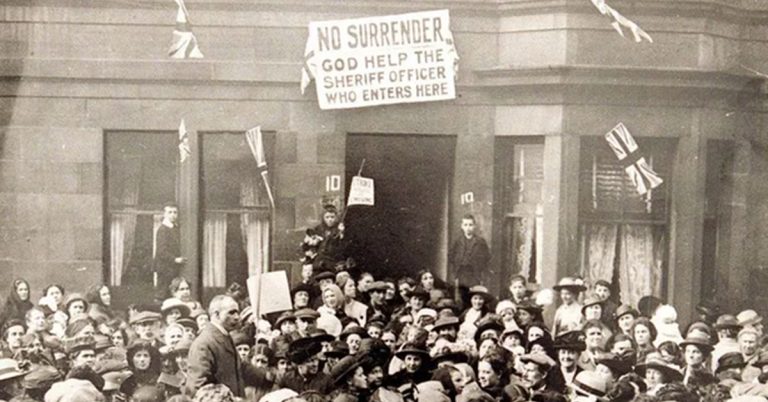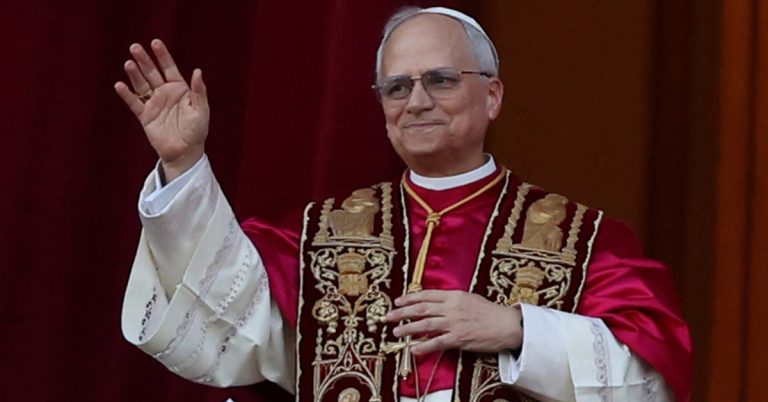

Have you read part 1? If not you can catch up here.
PART 2:
In the Covid crisis, American governance has been more than ever decentralized in states. The government is second in line in this fight and its jurisdiction is limited to that of agencies such as the Federal Emergency Management Agency (FEMA) that intervenes occasionally (as in the case of natural disasters). Quite regrettably in this situation, federal agencies can even rival with equivalent agencies at the local or state levels, for instance in the life-saving race for ventilators or masks. At the peak of the crisis, in late April, the Republican governor of Maryland, Larry Hogan, purchased 500,000 coronavirus tests from South Korea and secured their transfer under the Maryland National Guard supervision to prevent federal authorities from appropriating them. Tensions between the government and states are exacerbated when party politics comes into play.
Thus, Trump deliberately approaches the struggle against COVID-19 as a means to strengthen allies and sanction enemies. Shortly after federal authorities had seized 500 ventilators bound for Colorado (where the governor, Jared Polis, is Democrat), Trump redirected 100 of the latter back to Colorado and credited Cory Garner, the Republican Senator, for the action – this being a decisive asset for Garner’s November 2020 reelection campaign. The politicization of the response against COVID-19 has also been felt in Congress where Mitch McConnell, the Republican Senate Majority Leader, first rejected federal aid for states, declaring that he would rather see them declare bankruptcy than give them federal aid. As the worse-impacted states – which also were the most active ones in the struggle against COVID-19 – are run by Democrats,
McConnell cast a jaundiced eye to their benefiting from federal aid. Nonetheless, the lower chamber passed a new stimulus package in May (Heroes Act). It included 500 billion dollars for States, 375 billion for local governments (counties, cities), 20 billion for Indian tribes and 20 billion for U.S. territories. The Democratic majority in the House however was unable to work out a compromise with Republicans in the Senate. As a result of this stalemate in Congress, Trump signed four executive measures to direct funds to student borrowers and the unemployed, limit evictions and suspend payroll taxes. Decried as largely insufficient by Democrats and criticized for their lack of legal standing, these measures are, for now, the only concrete results of months of national debates.
Where will politicization of the response to COVID-19 end? When former President G.W. Bush issued calls to put partisanship aside and unite in the fight against COVID-19, President Trump virulently criticized the former, reproaching him with not taking his side when Democrats launched the impeachment process against him. Trump also encouraged anti-lockdown protests. This should stand as no surprise. Sure, the Trump administration had called for confinement as early as March 16. It was nonetheless after a solid month of equivocations, for the president had been warned of the risks of a pandemic as soon as February 14 in a memo co-written by the National Security Council and the Department of Health.
Incidentally, the administration’s commitment only lasted one month. Trump proposed a plan to ‘reopen America’ as soon as April 16, coupled with incendiary Tweets asking for the ‘liberation’ of some states, Michigan, Virginia and Minnesota, all three governed by Democrats. As for Republican states, most governors have hastened to lift the lockdown and reopen their States – like Georgia as early as 27 April –, while eight firmly held out and never pronounced stay-at-home orders. Will the coronavirus cost Trump his re-election? The Democrats will, of course, play with the presidential hesitations, the resulting inconsistencies, as well as American society’s extreme worsening inequalities and vulnerabilities, to cast Trump as the helpless Hoover of the 21st century. To be sure, he offers the nation a more peaceful and reassuring option than a president who, buffeted by the worldwide pandemic, went from a 2016 campaign based on “America First” to “Trump First” in 2020.
Nothing is played out at this point: will the choice of an Obama-style running mate in the person of Kamala Harris have any impact? Will the anti-Trump Republicans loosen the presidential grip on the Republican Party? Will Republican voters be attracted by Biden’s low-negativity rate, unlike Clinton’s in 2016? Whatever the answers to these questions, the instrumentalizing of the so-called “Chinese virus” by Captain Trump could really have a boomerang effect and implode his campaign. The continued search for a scapegoat has reached its limit here. The health crisis throws a blunt light on the vacuity of a presidential leadership reduced to its electoral survival.
About the author
François Vergniolle de Chantal is Professor of American Politics and Government at Université de Paris. He is the author and editor of several books on the US presidency in both French and English. He is the author of L’impossible présidence impériale: Le contrôle législatif aux États-Unis (CNRS Éditions Paris, 2016). His research focuses on US political institutions, American Congress, and ideologies and political thought. You can find out more about his new book Obama’s Fractured Legacy on our website.




